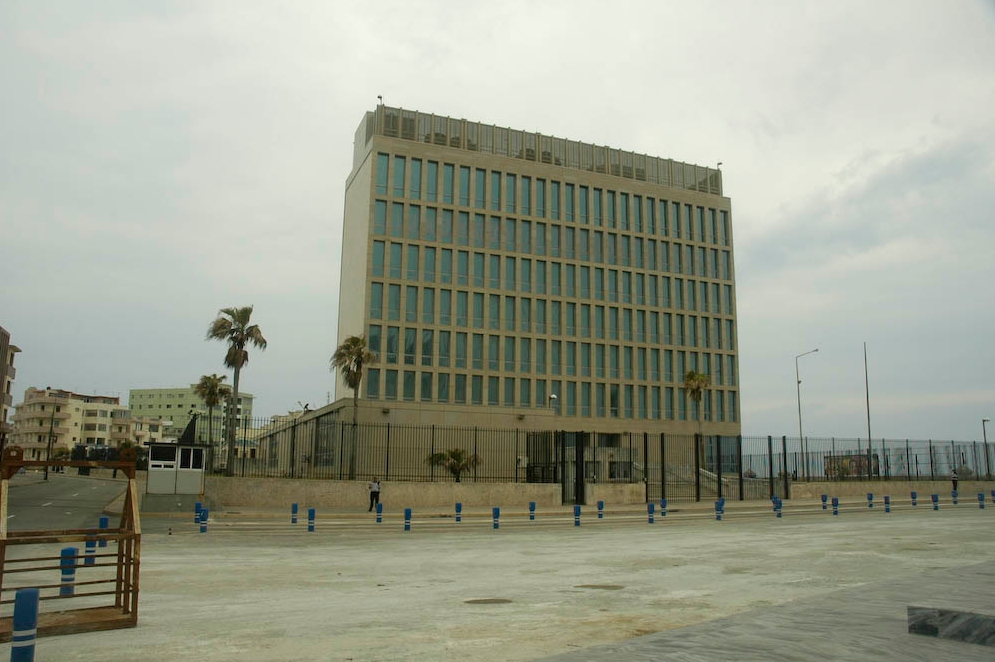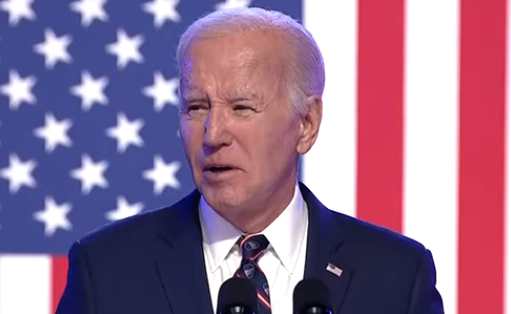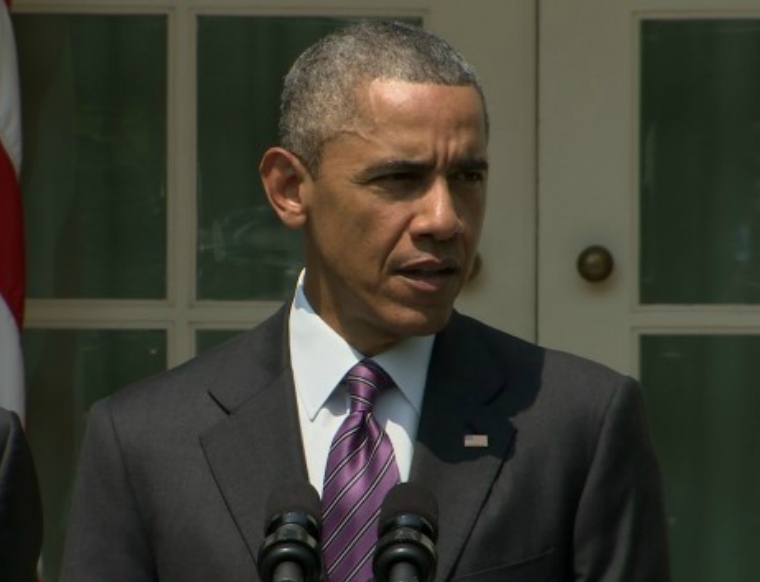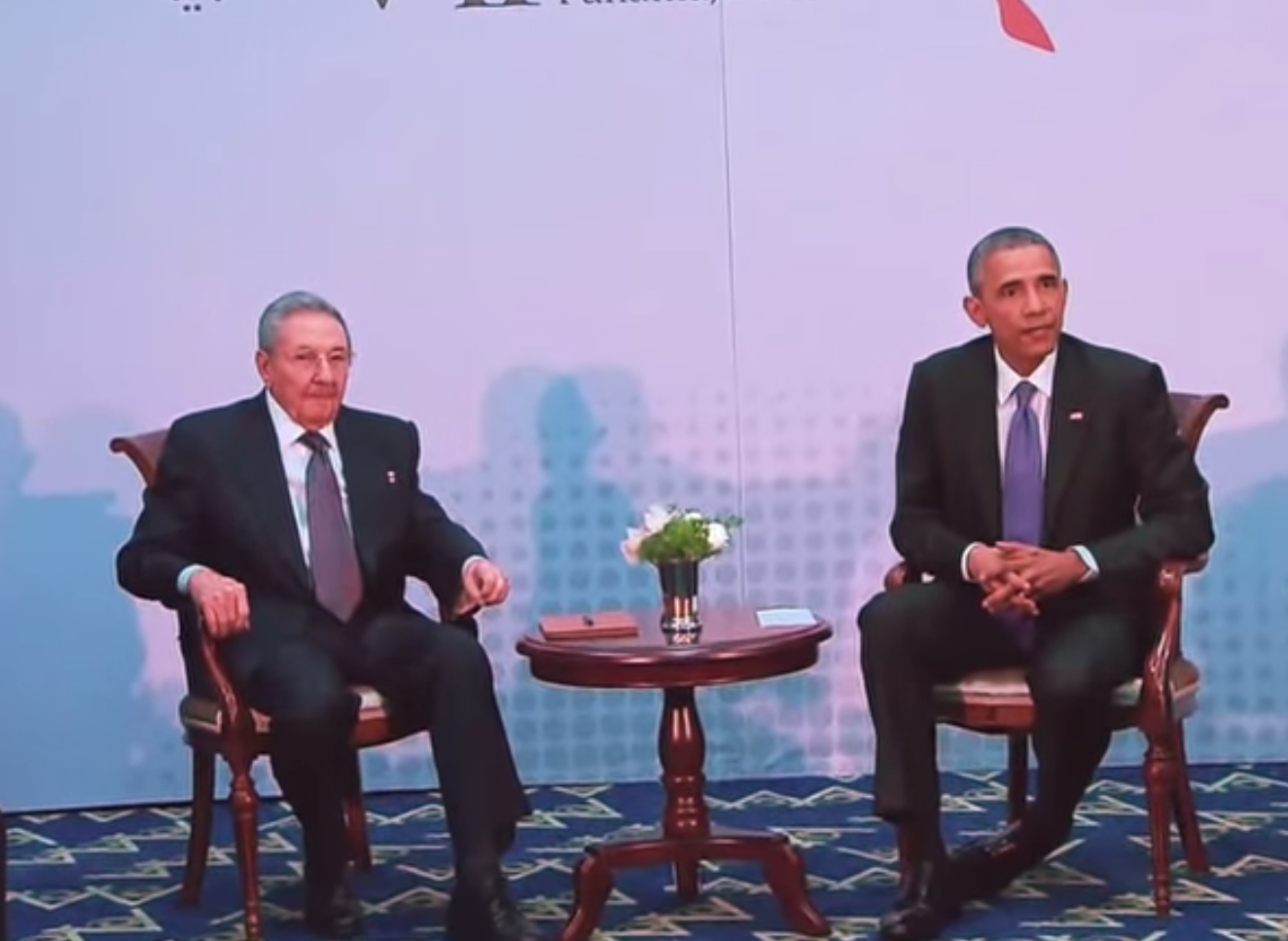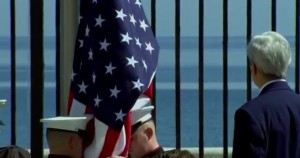
HAVANA—Secretary of State John Kerry came to the reopened U.S. Embassy in Cuba Friday to salute the American flag as it was raised again in Havana, ceremonially ending the 54-year breach in relations between the United States and its island neighbor off the southern coast of Florida.
“This is truly a memorable occasion,” Kerry said, “a day for pushing aside old barriers and exploring new possibilities.”
Noting that he is the first U.S. secretary of state to visit Cuba since 1945, Kerry said he “felt very much at home” in the Havana embassy. He addressed an audience of officials from both governments and a large crowd of onlookers on a sun-drenched day in the Cuban capital.
The crowd stood as both countries’ anthems were played during the ceremony.
Kerry spoke from a courtyard beside the flag, facing the embassy with the Caribbean Sea behind him. He paid tribute to last year’s decision by President Barack Obama and Cuba’s President Raul Castro to restore the diplomatic ties severed at the height of the Cold War.
“President Obama and President Castro made a courageous decision to stop being prisoners of history and to focus on the opportunities of today and tomorrow,” Kerry said.
He noted, however, that the renewal of diplomatic relations “doesn’t mean that we should forget the past,” and recalled events such as the Cuba missile crisis in late 1962 – “13 days that pushed us to the very threshold of nuclear war,” when the United States demanded that the Soviet Union remove its missiles based in Cuba targeting the U.S. mainland.
Kerry was accompanied in Havana by some members of Congress and three elderly U.S. Marines – Larry Morris, Mike East, and Jim Tracey, now retired – who lowered the flag for the last time in Havana in January of 1961.
“Larry, Mike and Jim had done their jobs, but they also made a bold promise – that one day they would return to Havana and raise the flag again,” Kerry said. “At the time, no one could have guessed how distant that day would be.”
Former President Dwight Eisenhower closed the U.S. embassy during his last weeks in office before the late John F. Kennedy was inaugurated as his successor in 1961.
Don’t expect immediate reforms
Kerry noted that despite the renewed U.S.-Cuba relationship, it would “unrealistic to expect normalizing relations to have a transformative impact” on the Cuban government in the short term.
“Responsibility for the nature and quality of governance – and accountability for it rests, as it should, not with any outside entity; but solely with the citizens of this country,” Kerry said. “But the leaders in Havana – and the Cuban people – should also know that the United States will remain a champion of democratic principles and reforms.”
He said the U.S. will continue to urge the Cuban government “to fulfill its obligations under U.N. and Inter-American human rights covenants – obligations shared by the United States and every other country in the Americas.”
“And, indeed, we remain convinced the people of Cuba would be best served by a genuine democracy, where people are free to choose their leaders, express their ideas, and practice their faith; where the commitment to economic and social justice is realized more fully; where institutions are answerable to those they serve; and where civil society is independent and allowed to flourish,” Kerry said.
Dissidents not invited
A senior U.S. official said Cuban dissidents were not part of the morning flag-raising ceremony at the embassy, because “it is principally a government-to-government event signifying this new relationship” between Havana and Washington.
Members of Cuban civil society, including political, human rights and media activists, have been invited to a second, larger ceremony later in the day at the residence of the chief of the U.S. mission in Cuba, Jeffrey DeLaurentis. President Obama has not yet appointed an ambassador to Cuba.
In an interview with CNN, Kerry confirmed that the U.S. visitors will “have an opportunity where there is a broader perspective to be able to meet with … a broad cross-section of Cuban civil society, including dissidents.”
Criticism
A Cuban-American human-rights advocate based in Washington said the U.S. move to normalize relations with Cuba may be a setback for Cuban dissidents.
“It is a fairy tale to assume that just because the president [Obama] makes concessions to Raul Castro, then Raul Castro will behave and stop abusing the people of Cuba,” said Frank Calzon, head of the Center for a Free Cuba.
Citing the Cuban government’s continued arrests of anti-government protesters and dissidents, he said the Castro government has been “emboldened,” because it has not been pressured by the U.S. to improve human rights.
However, Kerry stressed that human rights issues are “at the top of our agenda in terms of the first things that we will be focused on in our direct engagement with the Cuban government.”
In a letter to the secretary of state this week, Reporters Without Borders noted that Cuba ranks 169th out of 180 nations on its 2015 press freedom index.
US lawmaker reaction
Some U.S. lawmakers have also questioned the Obama administration’s decision to move forward with engagement despite human-rights concerns.
“We [the U.S.] are so hungry for this deal that we are willing to overlook a hundred peaceful dissidents arrested just a few hours before the opening of our embassy,” said Congresswoman Ileana Ros-Lehtinen, a Cuban-American.
“It is a cruel insult to the freedom-loving people of Cuba and it is a dangerous situation for U.S. national security,” Ros-Lehtinen said in Miami.[content id=”18641″]

